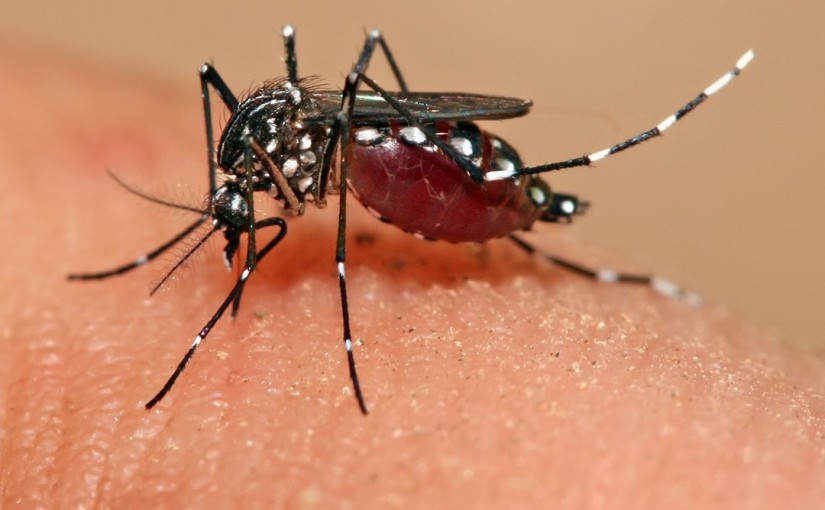The Centers for Disease Control and Prevention (CDC) has updated its interim guidelines for healthcare providers caring for infants and children with possible Zika virus infection. The guidance, which has been expanded to cover children up to 18 years old, includes:
A new recommendation that infants with typical head size, normal ultrasounds, and a normal physical exam born to mothers who traveled to or lived in areas with Zika do not require any special care beyond what is routinely provided to newborns.
A new recommendation to suspect Zika virus disease in children, in addition to infants, who have traveled to or lived in an area with Zika within the past 2 weeks and have at least two of these symptoms: fever, rash, red eyes, or joint pain. Because transmission of Zika virus from mother to infant during delivery is possible, this recommendation also applies to infants during the first 2 weeks of life whose mother traveled to or resided in an affected area within 2 weeks of delivery.
Parents in families traveling to or living in areas with Zika can help protect their children by strictly following steps to prevent mosquito bites. Based on what we know now, Zika virus disease in children, as for adults, is usually mild. As an arbovirus, Zika is a nationally notifiable condition; healthcare providers should report suspected cases to their local, state, or territorial health department.
In related news, the Food and Drug Administration (FDA) has recommended that people who have visited areas with active Zika virus transmission or who have a confirmed or potential case of the virus defer from donating blood. According to the new guidelines:
In areas without active Zika virus transmission, donors at risk for Zika virus infection should be deferred for four weeks.
In areas with active Zika virus transmission, whole blood and blood components obtained for transfusions should come from areas of the United States without active transmission.
Blood establishments should update donor education materials with information on the mosquito-borne illness, including symptoms, and ask potentially affected donors to defer donation.
In addition to these recommendations, the FDA is prioritizing development of blood screening tests to help identify the virus. Thus far, no known instances of the Zika virus entering the U.S. blood supply have been reported.
For further information:
CDC Updated Guidelines Infants and Children:www.cdc.gov/mmwr/volumes/65/wr/mm6507e1er.htm

